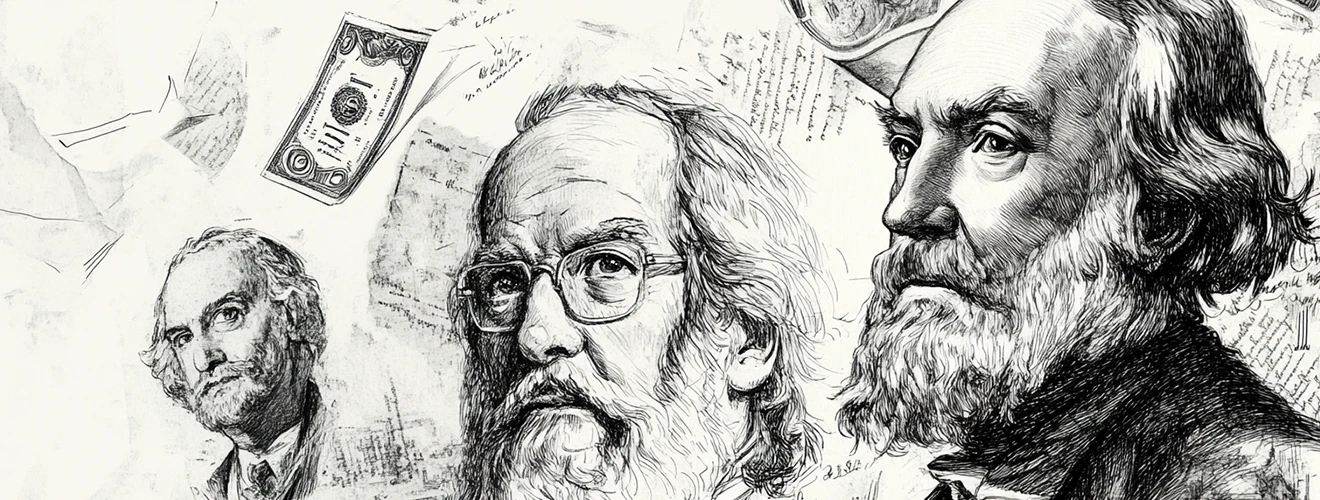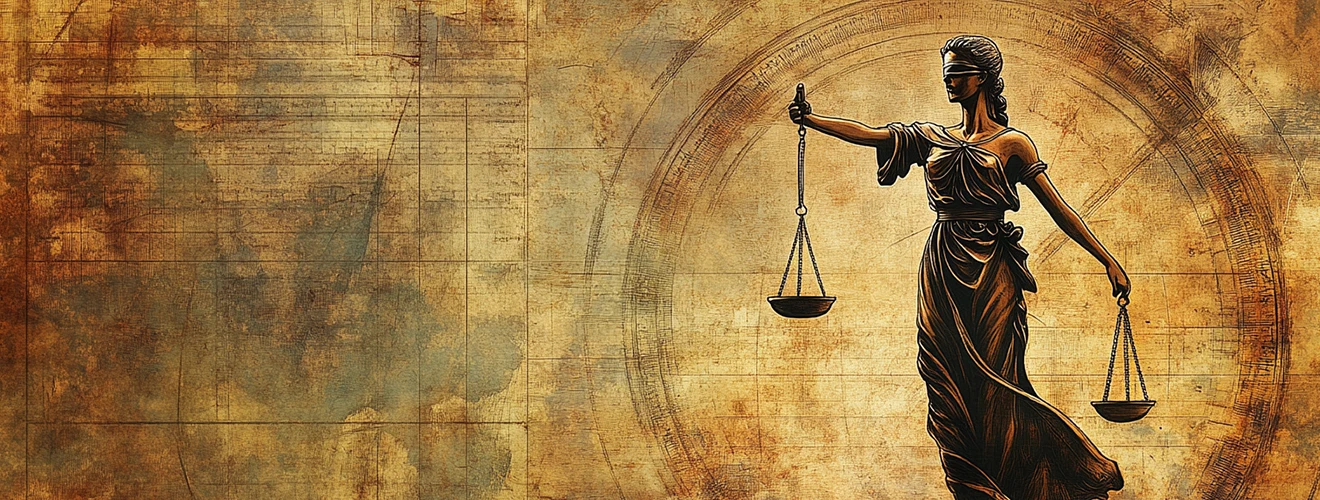
The Age of Capital: Freedom and Crisis
Course Description
What is capitalism? Did the rise of capitalism mark an advance or crisis for humankind? How have our ideas about ourselves, nature, and the highest aims of life, been shaped by life under capitalism? With the collapse of state socialism, is capitalism still a politically relevant idea? The objective of this course is to introduce students to foundational works that contend with the historical rise, conceptual categories, and crisis of capitalism.
With some minor exceptions, the syllabus moves chronologically, as it starts with the categories Adam Smith established for studying political economy and the case that he made for a thoroughly modern form of society based on commerce, international trade, and manufactures, rather than agriculture. The course will then shift to consider the work of Karl Marx and the crisis wrought by the Industrial Revolution, which, he argued, signaled an imperative to move beyond capitalism. We will also address the drift toward monopolies and state planning in the twentieth century and the different conclusions as to the significance of these developments reached by V. I. Lenin, Friedrich Hayek, and Milton Friedman. What it means to be a subject of capitalism will form another major theme of the course with readings by David Harvey, John Demilio, Juliet Mitchell, Adolph Reed Jr., and Moishe Postone.
A supplemental feature of this course is that includes a series of workshops to introduce students to the norms and expectations of college-level writing.
Academic Interest
Examining Culture and Society, Economics and Business, Social Sciences (e.g., history, psychology, sociology)
Application Materials
A complete application includes a transcript, two short essays, a letter of recommendation, writing sample, application fee, and a submitted parent confirmation. If you are seeking need-based financial aid, you must indicate that in your application before it is submitted. Please refer to the Application Instructions for complete details.
Instructor(s)
Sunit Singh
Cost
$9,300
Other Courses to Consider
These courses might also be of interest.
 The Theory and Politics of Capitalism
The Theory and Politics of CapitalismIt is impossible to graduate from college without repeatedly encountering the term "capitalism." But what is it, actually? Where did it come from? What has changes since its inception? Is it primarily a political or an economic system? What is the difference and why does it matter?
This course will equip students with the basic conceptual tools to think about these questions. We will try to understand the history and theory of capitalism by reading selections important theorists of modern economic life: Adam Smith, Karl Marx, and David Harvey.
Residential Career Insight: Law and Social Impact
Career Insight: Law and Social ImpactMake a difference in the courthouse, legislature, think tank, or NGO!
Explore possible paths to follow during and after college, as you look deeper into how you might pursue your passions. Your journey begins here at UChicago, where fearless inquiry into new ways of understanding seemingly intractable problems is one of our core values.
In the morning, UChicago professors, lecturers, and researchers will introduce you to key concepts and practices in law, public policy studies, and the social sciences through lectures, discussions, readings, and hands-on activities designed to reveal a range of possible pursuits.
In the afternoon, connect with practitioners through presentations, informational interviews, and career treks around the city, and with Career Advancement staff who will help you consider what various career paths you might follow and cultivate the skills you need to begin to pursue those opportunities.
You will put your skills and knowledge into practice in a small-group final project as well as individual reflection essays and other assignments.
Residential Legal Reasoning and Institutions
Legal Reasoning and InstitutionsThis course will introduce students to the basic principles of legal reasoning -- how to think like a lawyer -- and provide students with an overview of the legal system.
Students will use rule-based and analytical reasoning to engage with hypotheticals mirroring the laws, guidelines, and standards one encounters daily, from mobile phone subscription plans to school dress codes. Students will then consider law within the framework of institutions, or the enduring set of rules and patterns that regulate behavior, such as constitutional principles, criminal law, tort regulations, and the larger court system.
In this highly interactive course, you will participate in simulations, actively propose and discuss hypotheticals, and work in groups to determine alternative outcomes. You will also hear from guest speakers including practicing lawyers, legal academics, and leaders of civil society organizations, and attend court proceedings.
This course is recommended for students who are interested in law as a career and for anyone who is curious about what makes our social and political world tick.
Residential